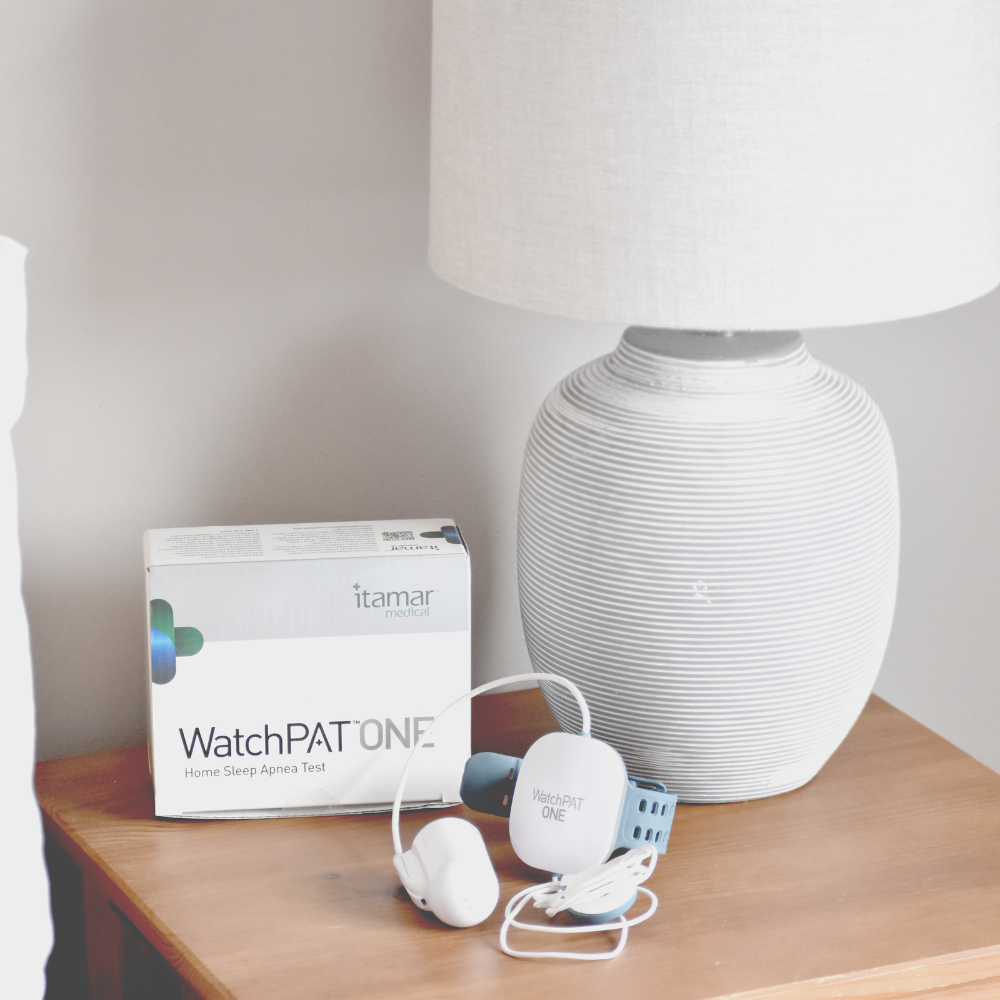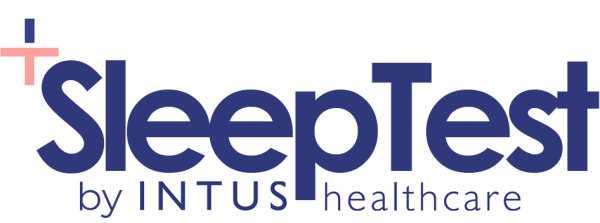Fact Checked
Intus Healthcare’s writers, customer service team, and sleep experts review and ensure this information is accurate.
Last updated on March 28th, 2025 at 01:14 pm
Sleep plays a crucial role in memory consolidation and formation.
Research has shown that getting enough quality sleep can help improve short-term and long-term memory.
This article will examine the relationship between sleep and memory.
Table of Contents
Sleep and memory
During sleep, the brain processes and reorganises information learned during the day, strengthening the connections between neurons and helping to consolidate memories.
Slow-wave sleep, also known as deep sleep, is thought to be particularly important for memory consolidation. During this stage of sleep, the brain engages in a process called synaptic scaling, which downscales the strength of connections between less active neurons and strengthens the connections between more active neurons, allowing for better memory encoding.
On the other hand, lack of sleep has been shown to impair memory and cognitive performance. When you are sleep-deprived, your brain has a harder time encoding new information and recalling the information you have learned in the past. This can lead to difficulties with learning and retaining new information and may also contribute to memory problems in the long term.
In conclusion, getting adequate sleep is essential for maintaining good memory function and is an important part of a healthy lifestyle.
Can Sleep Apnoea affect your memory?
Memory loss is a common symptom of the sleep disorder Obstructive Sleep Apnoea (OSA). The sleep disorder affects 1.5 million people in the UK and more than 936 million worldwide.
Sleep Apnoea can negatively affect your brain; studies show that CPAP Therapy can repair the damage. Many people often do not realise sleep’s restorative impact on the brain. During deep sleep, our brains sort out all the information (memories) collected throughout the day. It is in this stage of deep sleep that OSA impacts your memory.
How does Sleep Apnoea affect memory?
When Sleep Apnoea is untreated, breathing pauses occur, and deep sleep is disturbed or prevented. When your deep sleep is disrupted, your memory is affected. These breathing pauses and reductions in airflow stop oxygen from reaching your brain. Your brain reacts to the drop in oxygen by momentarily waking you up. Choking during sleep is your brain waking you up. The lack of oxygen decreases concentration, memory and brain performance.
Researchers found in 42 studies (1) investigating memory performance and Obstructive Sleep Apnoea that those with untreated OSA were significantly impaired compared to those with treated OSA.
Due to poor memory and brain fog, many people with untreated OSA suffer from depression and anxiety. Unfortunately, 85% of people with OSA are undiagnosed.
Does Sleep Apnoea Lead to Dementia and Alzheimer’s?
Poor sleep from sleep disorders can cause cognitive decline and increase your chances of developing Alzheimer’s.
Research shows:
- People with sleep disorders are 26% more likely (2). to develop cognitive impairment than those without.
- Those with sleep disorders have a 1.55 higher risk (3) of Alzheimer’s and cognitive decline.
- A study found that those who get less REM sleep are at an increased risk of developing Alzheimer’s (4).
- It is estimated that around 40% of dementia cases (5) are believed to be attributable to potentially modifiable risk factors, including untreated OSA.
Fortunately, there are treatments for Obstructive Sleep Apnoea that can prevent cognitive decline.
Can treating Sleep Apnoea improve memory?
Yes, if your memory loss is due to untreated Sleep Apnoea gaining treatment can improve your memory. The gold standard treatment is CPAP therapy, which can prevent memory loss.
OSA is a sleep disorder where your airway closes during sleep. When this happens, you stop breathing; these breathing pauses can occur up to 400 times per night. A person experiencing this will never reach the deep, quality sleep they need and will wake up exhausted.
Symptoms of Sleep Apnoea are:
- Choking in sleep
- Snoring
- Poor concentration
- Daytime sleepiness
- Morning headaches
- Memory loss.
- Oversleeping
Take an in-home sleep test (Sleep Apnoea test) if you recognise any of the above symptoms in yourself.

Home Sleep Apnoea Test
The test monitors your heart rate, snoring intensity, blood oxygen levels, body positioning, and more, providing accuracy comparable to testing used in sleep clinics for in-depth sleep analysis.
The simple-to-use test takes just one night to complete, and results are returned within two working days after completion.
Our experienced NHS-qualified sleep professionals independently analyse all studies, providing follow-up advice and support.
Sleep Apnoea treatments to help memory loss
You may wonder how to treat Sleep Apnoea to prevent other conditions.
Here are some lifestyle changes you could make:
- Quitting smoking
- Limiting alcohol consumption
- Losing weight
- Reduce stress
- Eat fewer foods that affect your sleep
Lifestyle changes do not eliminate Sleep Apnoea but can help reduce symptoms.
However, there are treatment options that prevent breathing pauses during your sleep and help your memory:
- CPAP Therapy: A CPAP machine (Sleep Apnoea machine) is the most common and effective treatment for OSA. The device opens your airway by supplying air pressure via a CPAP tube to a CPAP mask.
- Mandibular Advancement Devices: These oral appliances open your airway to prevent breathing pauses.
- Positional Sleep Therapy: A small device that vibrates when you turn on your back to encourage sleeping on your side to prevent apnoeas.
Please note that treatment for your OSA depends on your severity.
We cannot stress enough how important sleep plays in a person’s fitness and health levels. This is not just limited to physical health – sleep also significantly impacts mental well-being.
Research suggests that the average adult should get between 7-9 hours of sleep every night. And if they do so, they can expect a boost in their energy levels and benefits to their heart and weight. They can also expect an enhancement in their memory, mood and mental capability.
According to researchers, people were better at remembering new faces and names when they got eight hours of quality sleep.
Regarding sleep and memory, this research further supports the emphasis on identifying and treating sleeping disorders, such as Obstructive Sleep Apnoea.
About Our Editorial Team
Danni is a degree-educated content writer passionate about helping those with Sleep Apnoea sleep better; she works closely with our clinical and customer care teams to ensure that each article is thoroughly researched and accurate.
Her writing aims to inform, support, and advise readers about Sleep Apnoea, helping to raise awareness and promote effective treatment options.
She has written many health-focused articles, reaching hundreds of readers annually, to help people sleep better and live healthier lives.
Lateisha King is an experienced Sleep Clinician with advanced training in polysomnography and respiratory health.
With over six years of experience, including at the prestigious Guy’s and St Thomas’ NHS Foundation Trust Hospital, she has conducted and reviewed more than 500 diagnostic sleep studies.
Her expertise in sleep science ensures that all articles align with the latest data and treatment protocols, providing readers with trustworthy and practical advice to improve their sleep health and overall well-being.
References:
- Anna Wallace (2013) Memory and Obstructive Sleep Apnea: A Meta-Analysis. Available at: https://www.ncbi.nlm.nih.gov/pmc/articles/PMC3543053/. Accessed: September 13, 2022.
- Yue Leng (2017) Association of Sleep-Disordered Breathing With Cognitive Function and Risk of Cognitive Impairment. Available at: https://www.ncbi.nlm.nih.gov/pmc/articles/PMC5710301/. Accessed: September 13, 2022.
- PubMed (2017) Sleep, Cognitive impairment, and Alzheimer’s disease: A Systematic Review and Meta-Analysis. Available at: https://pubmed.ncbi.nlm.nih.gov/28364458/. Accessed: September 13, 2022.
- American Academy of Neurology (2017) Sleep architecture and the risk of incident dementia in the community. Available at: https://n.neurology.org/content/89/12/1244. Accessed: September 13, 2022.
- PubMed (2021) Obstructive Sleep Apnea and Cognitive Decline: A Review of Potential Vulnerability and Protective Factors. Available at: https://www.ncbi.nlm.nih.gov/pmc/articles/PMC8226698/. Accessed: September 13, 2022.
Published: September 13, 2022





